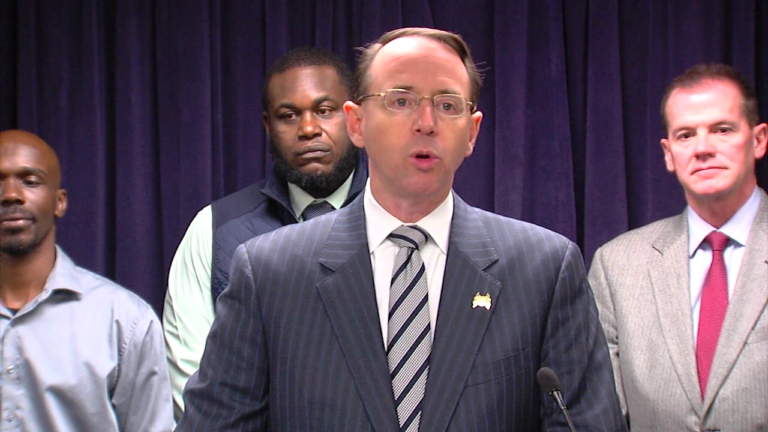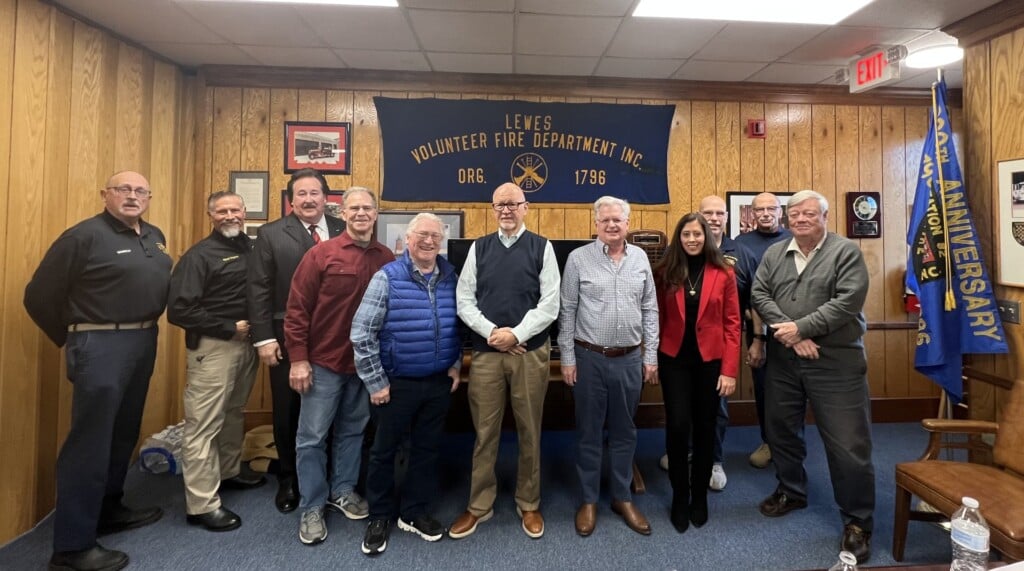US Attorney’s Office takes step to help former inmates get treatment

Maryland has taken a step to help those who are released from prison make sure they don't end up back behind bars. Wednesday U.S. Attorney Rod Rosenstein announced the state's U.S. Attorney's Office published a list of agencies throughout the state that are available to assist people recently released. The idea behind it, getting those people treatment will help reduce recidivism rates.
Kathy Seifert, a local psychologist and CEO of Eastern Psychological Services, thinks the list is a step in the right direction. She said without treatment offenders are likely to end up back in jail.
"It's been proven over and over again that the recidivism rate if you go to jail without treatment is very, very high and so you've got to have those services when you come out to keep you from going back," Seifert said.
As hard as it is for offenders to re-assimilate after their release, Dimitrios Cavathas, CEO of lower shore clinic and go-getters, said it's even harder for those with mental illnesses.
Cavathas works with those with severe and persistent mental illnesses.
He said when inmates get out, they probably don't have a home and have most likely been cut off from family members. That's just the tip of the iceberg though for the many that Cavathas works with.
"You've put all that together on top of probably not having a lot money and resources or connection, no social connectivity for example in the community, you're most likely to become homeless or re-arrest due to another offense just maybe trying to stay warm," Cavathas said.
That's why his organization works to give former inmates the resources they need to get their lives back on track.
"Our organization, for example has a pharmacy where we can access those resources quite easily, provide primary care, provide mental health care," Cavathas said. "We have programs where we'll go to the persons home, we'll make sure things are going ok, we can help them pay their bills, manage their money, make sure they're getting food, make sure they're getting the health care they need and then medications they need as well to stay healthy in the community."
Cavathas and Seifert said the list will also help providers get in touch with one another to provide better resources for their patients.


